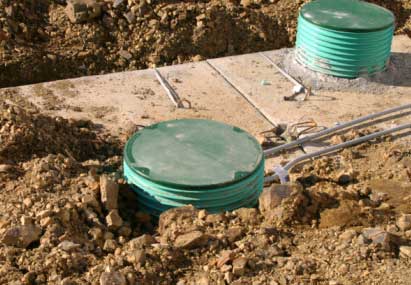
 If there’s environmental contamination on your property, don’t try to hide it when selling the land. This advice may seem obvious. But unfortunately people try to conceal all sorts of environmental issues on property they’re trying to sell out of fear that the pollution will reduce the sale price or even kill the sale. More often than not, though, they get caught—and then the repercussions can be serious.
If there’s environmental contamination on your property, don’t try to hide it when selling the land. This advice may seem obvious. But unfortunately people try to conceal all sorts of environmental issues on property they’re trying to sell out of fear that the pollution will reduce the sale price or even kill the sale. More often than not, though, they get caught—and then the repercussions can be serious.
Just look at what happened in a case from Ontario. A company bought some vacant commercial land and then discovered that a section had been contaminated by an underground oil tank, which the seller had removed. It sued the seller for the more than $65,000 it spent remediating the contaminated soil. The court ordered the seller to pay the remediation costs. The company had had an environmental inspection done on the property before the sale. But it didn’t uncover the pollution because the seller concealed it by:
- Preventing the inspectors from taking soil samples from that area;
- Not disclosing a report on the contamination; and
- Refusing to give the company an environmental warranty for the land, which “lends further support to a finding of concealment,” said the court [Outaouais Synergist Inc. v. Keenan, [2011] ONSC 637 (CanLII), March 23, 2011].

Leave A Comment